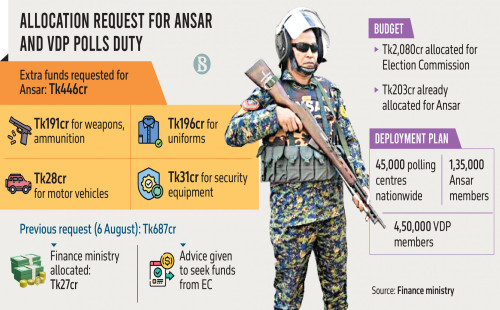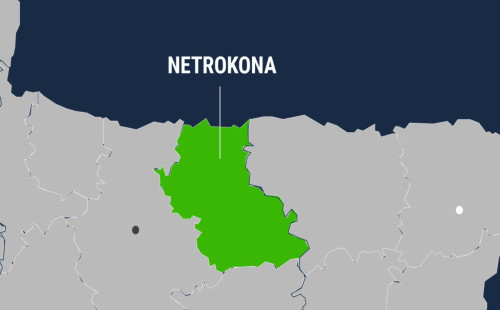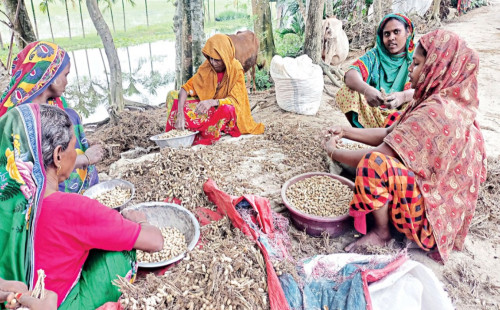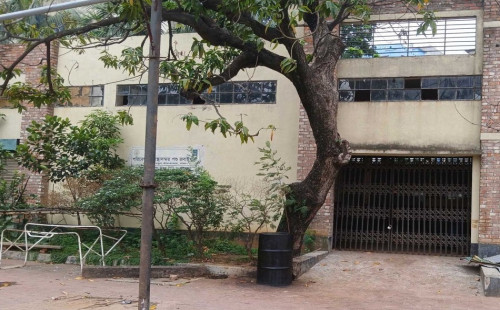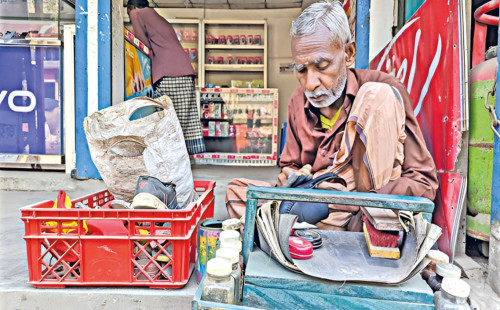Funding uncertainty stalls post-crash response plan
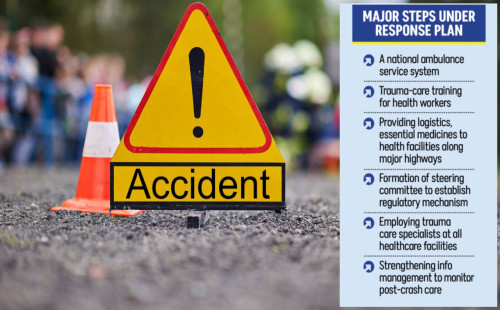
The health authorities seek to roll out
a post-crash response plan for the first time to reduce preventable deaths and
disabilities resulting from road accidents, but funding uncertainties are
delaying its implementation.
Though the draft
of the three-year plan involving Tk 678.61 crore was formulated about four
years ago for 2023-2025, it was finally approved on July 24 this year, leaving
only five months for implementation.
The authorities are unsure about when they can start
implementing it, as they are yet to secure funding.
Officials said
the implementation window may close before the plan is put into effect, and in
that case, it has to be revised.
The plan sets
five strategic goals that include improving pre-hospital care for road crash
victims and ensuring standard treatment at primary healthcare facilities.
The
Noncommunicable Disease Control (NCDC) Programme of the DGHS prepared the plan
titled "Strengthening post-crash response for the victims of road traffic
injuries in Bangladesh: strategy and costed action plan for 2023-2025" in
collaboration with the Centre for Injury Prevention and Research, Bangladesh
(CIPRB). The World Health Organisation provided technical support.
FIVE STRATEGIC GOALS
The strategic
goals include improving pre-hospital care for road crash victims; ensuring
standard treatment at primary healthcare facilities; optimising the functioning
of all hospitals to reduce mortality and reintegrate crash survivors into
productive life; and providing logistics, essential medicines to health
facilities along major highways.
The other goals
are strengthening management of road traffic injury data and developing
monitoring and evaluation system for post-crash management; and enhancing
multi-sectoral collaboration to strengthen post-crash response.
Achieving these
goals will require the involvement of more than a dozen stakeholders, including
various ministries, governmental and non-governmental organisations, and the
WHO.
UNCERTAINTY OVER
FUNDING
The funds for
implementing the plan were supposed to come from the Fifth Health, Population,
and Nutrition Sector Programme (HPNSP), but the interim government scrapped the
programme, said an official of the Directorate General of Health Services
(DGHS), seeking anonymity.
Instead, the
government decided to take up two projects to complete the unfinished task of
the Fourth HPNSP and continue supply of emergency products to public hospitals.
No allocations were made in the projects to implement the three-year plan,
added the official.
"Funding is
now uncertain, and it is difficult to say when the implementation can
begin," the official said.
When contacted
on August 31, Prof Syed Zakir Hossain, line director of the NCDC Programme at
DGHS, said they have drafted a project proposal that includes an allocation for
the plan.
"But we
have to wait until the project is approved. If the plan's implementation window
closes in the meantime, we may have to revise the strategy."
Saidur Rahman,
secretary at the Health Services Division, told this correspondent yesterday
that they would expedite the process of the project's approval to implement the
plan as soon as possible.
WHY IS IT IMPORTANT?
The
implementation of a post-crash response plan has become more urgent than ever
with the country witnessing a sharp rise in road crash fatalities.
According to
official data, 13,827 people were killed and 18,077 injured in road crashes
between January 2023 and July this year.
However, the
actual number is much higher, as many incidents go unreported.
According to the
WHO Global Status Report on Road Safety 2023, an estimated 31,578 people were
killed in road crashes in Bangladesh in 2021-- six times the official count for
that year.
A national
survey conducted in 2016 revealed that nearly two-thirds of road crash victims
died on the way to hospitals, while three-fourths didn't receive any form of
pre-hospital care.
A 2019 World
Bank report said that improvement in trauma care -- a key component of
post-crash response -- could save over a million lives globally, potentially
reducing deaths from road injuries by up to 30 percent.
Trauma care
refers to the medical management of patients who have suffered severe injuries
from accidents or violence, with the aim of treating and rehabilitating them
from the moment of injury through to recovery.
"Though
Bangladesh has made remarkable improvement in expanding healthcare facilities
over the last 30 years, trauma care facilities did not expand in the same pace
because of scarcity of logistics and skilled human resources at all
levels," said the plan.
It noted that
Bangladesh currently doesn't have any strategy, protocol, or guideline for
pre-hospital care to ensure emergency medical services at crash sites or to
protect those providing roadside assistance.
"The
present situation demands strengthening the full spectrum of the post-crash
response system," it added.



